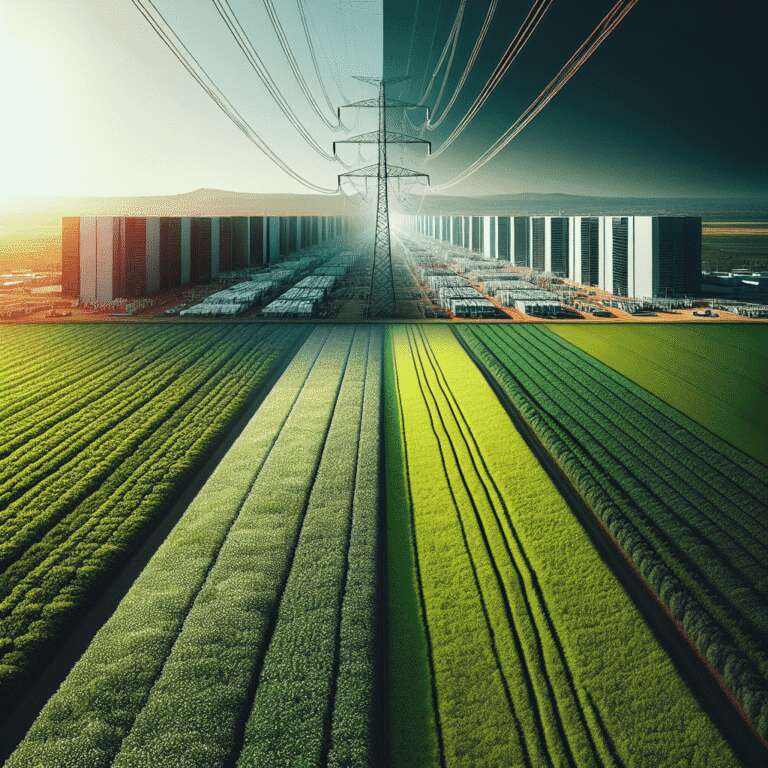The rapid rise of Artificial Intelligence is driving a significant increase in electricity demand, particularly from the data centers required to run and train advanced models. Recent investigations, including a comprehensive analysis featured in the ´Power Hungry´ package, highlight the immense challenge of sourcing reliable energy to meet Artificial Intelligence’s around-the-clock requirements. While training models may be adjusted to fit renewable energy availability, query-driven deployment needs constant uptime, which complicates reliance on sources like solar and wind unless paired with costly energy storage solutions.
Nuclear power is often touted as a potential answer due to its stable, continuous power output. However, expanding nuclear capacity is neither simple nor swift. Although tech companies can support the revival or enhancement of existing nuclear plants, such efforts only offer modest gains. For example, upgrades at Washington’s Columbia Generating Station could increase output by just over 10 percent in the coming years, an insufficient step compared to the scale of projected demand. Building entirely new nuclear facilities would take decades, making it unlikely that nuclear energy alone can meet industry needs in the near future.
In the absence of rapid nuclear expansion or scalable storage for renewables, natural gas is currently filling the gap. This has substantial implications for climate commitments, as new gas plants built to support Artificial Intelligence data centers could remain operational well beyond 2050, challenging international targets for cutting greenhouse emissions. However, there is hope for a greener future if major tech companies leverage their market influence—by adjusting energy use during peak periods, advocating for carbon capture technology, and demanding emissions controls, they could substantially shape how the digital future is powered. Ultimately, how society chooses to meet the growing electricity needs of Artificial Intelligence will have profound consequences for global climate goals.

